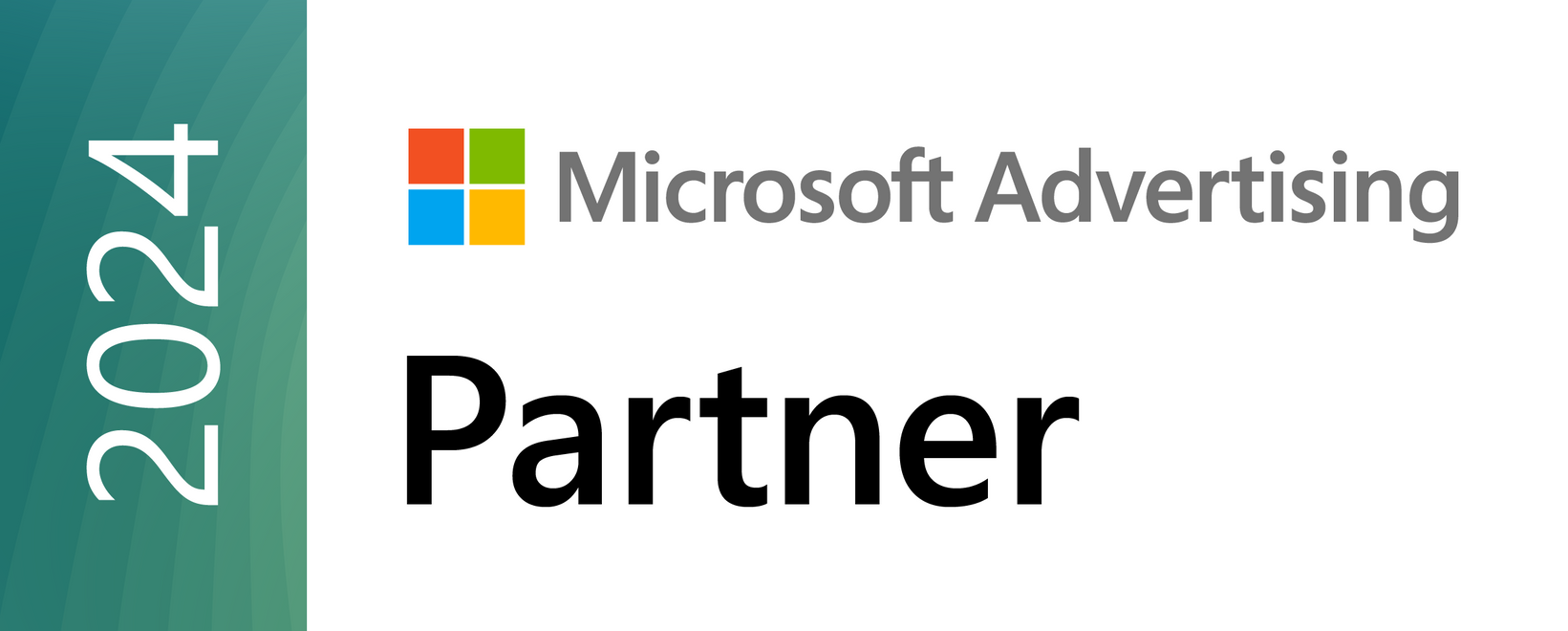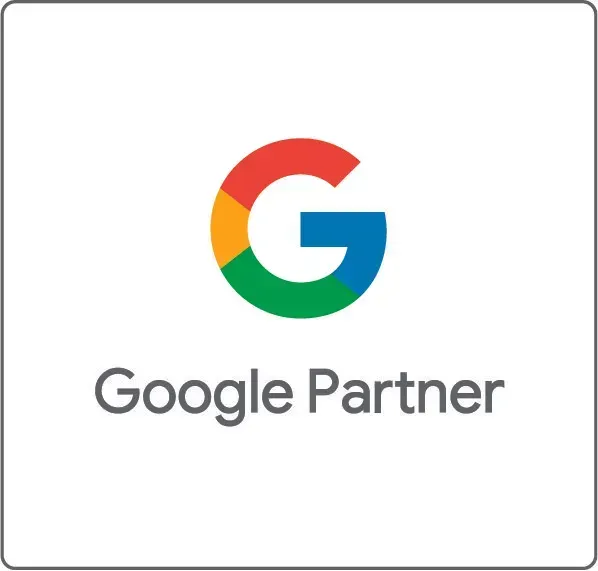SEO vs Paid Ads: Which Is Better for Long-Term Business Growth?

Both SEO and paid ads are powerful tools for reaching new customers, but they work very differently. Paid ads buy you visibility for a price. SEO builds visibility you can keep. Understanding the trade-offs between the two is key to making a decision that supports your long-term growth.
Paid Ads: Speed and Precision
Paid ads, like Google Ads or social campaigns on Facebook and Instagram, offer instant exposure. Once a campaign is live, you can appear in front of your target audience the same day. For Phoenix businesses that need immediate results, like a roofing company after a major dust storm or an HVAC company in the fall, paid ads are hard to beat.
You also get precise targeting. Ads can be shown only to people in your ZIP code, within certain age ranges, or searching specific keywords. That control makes them a reliable short-term lead generator.
But there’s a big catch: ads only work while you’re paying, and your website gets no residual juice from ad spend. Each click has a cost, and in competitive Phoenix industries like home services, legal and healthcare, those costs can climb fast. When the budget stops, the traffic stops with it.
SEO: Lasting Visibility and Compounding Value
SEO, or search engine optimization, is slower to take hold but much stronger for long-term impact. By optimizing your website, building quality content and managing your Google Business Profile, you increase your chances of showing up in organic results without paying for each click.
The timeline is different: most businesses see measurable traction in 3–6 months, not days. But SEO compounds over time. A blog post you publish this year might still be drawing traffic and leads two or three years from now. Similarly, once your website ranks in the local map pack, that placement can keep generating calls even if you don’t touch your ad budget.
For budget-conscious small businesses, this makes SEO uniquely powerful. Instead of renting visibility through ads, you’re cementing your online presence.
Why the Best Strategies Use Both
Framing this as SEO vs. paid ads can be misleading. The truth is, most Phoenix businesses see the best results from using both together. Paid ads can bring in leads immediately while SEO builds authority and staying power in the background.
Think of it like managing cash flow: ads are your short-term injection of traffic, while SEO is your long-term investment account. You wouldn’t rely solely on one if you had the option to balance both.
Choosing What’s Right for Your Business
If your budget only allows for one channel, SEO is usually the safer long-term bet. It costs less to create assets—optimized pages, blogs, reviews and listings—that continue providing value after the upfront work is done. Paid ads stop producing the minute the campaign ends.
That said, ads still play a valuable role. If you’re launching a new service, entering a highly competitive market or simply need customers fast during a slow season, ads may give you the immediate push SEO can’t. The key is knowing your goals, your timeline and how much risk you’re willing to take with your marketing budget.
Finding the Right Digital Marketing Balance for Your Phoenix Business
SEO and paid ads shouldn’t be viewed as competitors. They’re different tools that work best in tandem. Paid ads give you speed, targeting and control. SEO gives you staying power, authority and visibility that compounds over time.
At REV77, we help businesses find the right mix of both by making recommendations that balance short-term results with long-term growth. Request a free audit to get our recommendation for your business.





